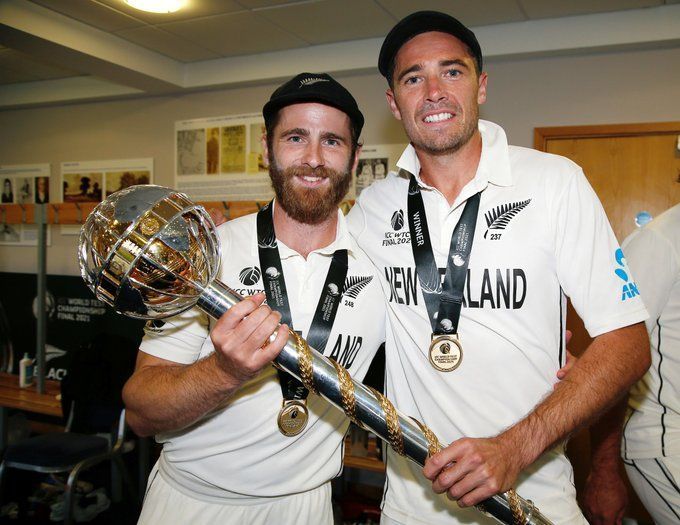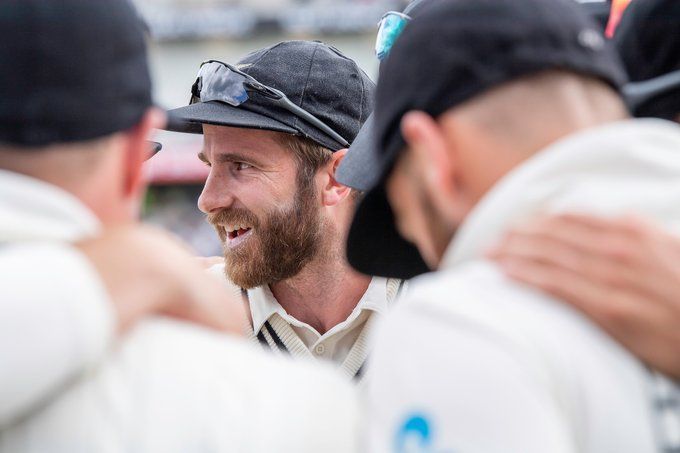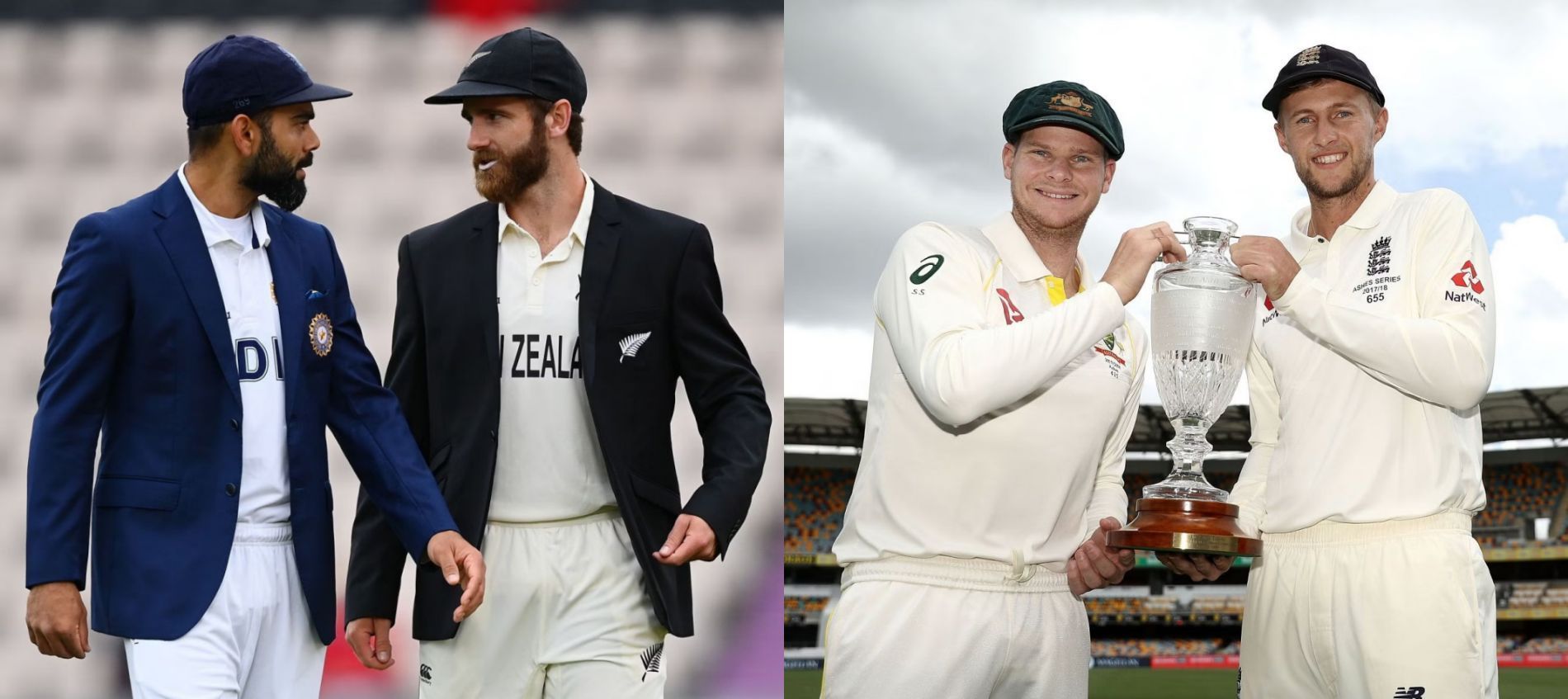
Ranking the Fab 4 as Test captains
New Zealand batter Kane Williamson recently stepped down as the team’s Test captain, handing over the reins to veteran pacer Tim Southee for the upcoming tour of Pakistan.
The 32-year-old had a six-year stint as Test leader, during which he led the team in 40 Test matches. It was under Williamson that New Zealand won the inaugural World Test Championship (WTC), beating India in the final.
Williamson is set to continue as the country’s ODI and T20I captain and also asserted that he wants to keep playing all three formats of the game. While announcing his decision to step down, the seasoned Kiwi cricketer said:
"Captaining the BLACKCAPS in Test cricket has been an incredibly special honour. For me, Test cricket is the pinnacle of the game and I've enjoyed the challenges of leading the side in the format. Captaincy comes with an increased workload on and off the field and at this stage of my career I feel the time is right for this decision.”
Revisiting the Test-captaincy stints of the Fab Four
With Williamson stepping down as New Zealand Test captain, none of the members of the modern Fab Four - Williamson, Virat Kohli, Joe Root, and Steve Smith - are now leading their respective countries in red-ball cricket.
On that note, we rank all of them as Test captains.
#1 Virat Kohli
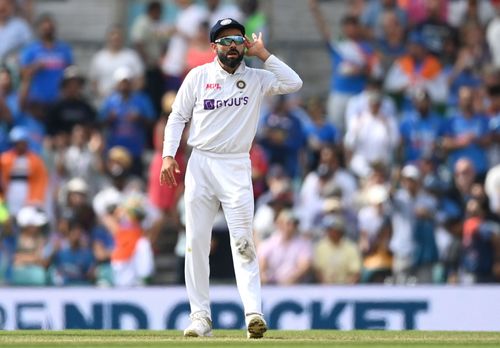
Kohli ended his leadership stint earlier this year as India’s most successful Test captain. He led the team in 68 Tests, out of which India won 40 and lost 17. Eleven of the games Kohli led ended in a draw. As Test skipper, he had an impressive win percentage of 58.82.
Despite his lean patch towards the end of his reign, he had an excellent overall record as a batter. He amassed 5864 in 68 Tests at an average of 54.80. Twenty of his 27 hundreds came as Test captain, with seven of them being double hundreds - a record for the most double tons by a Test leader.
While he averaged 67.60 in 31 Tests at home with 10 hundreds, his away record as Test leader was also pretty impressive - an average of 46.77 with 10 tons and a best of 200. If one looks at Kohli’s record as captain in winning causes, he scored 3573 at an average of 57.62, smashing as many as 11 hundreds.
It was under Kohli that India registered their historic maiden Test series triumph in Australia in 2018-19. With him in charge, India won three Tests in England, although they fell short of registering a series triumph. India also won two Tests in South Africa on separate tours.
Kohli’s over-aggressive nature as a leader divided opinion in international cricket. However, his numbers prove that he was a highly successful captain in the Test format, one who often led from the front with the bat.
#2 Kane Williamson
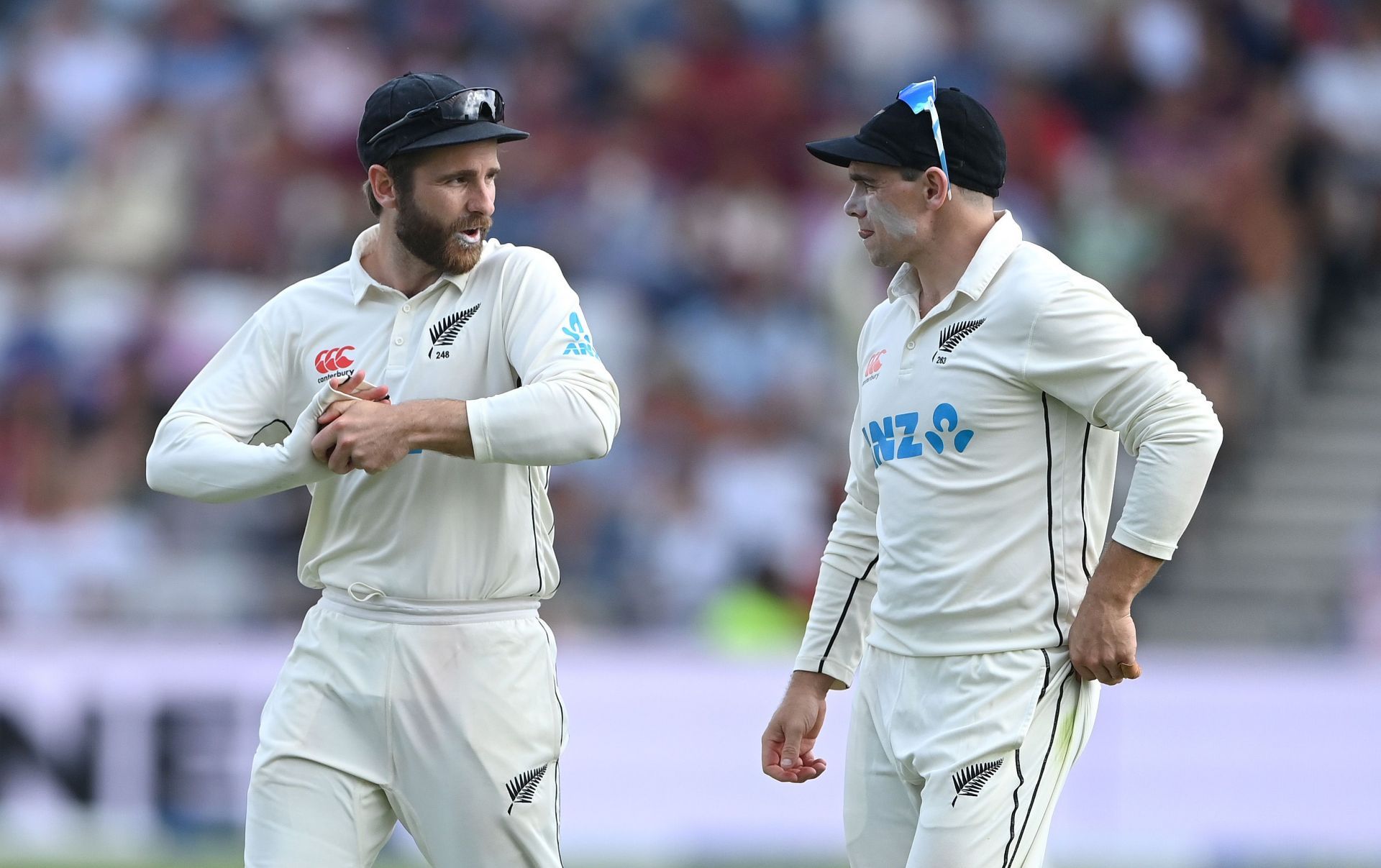
Williamson has quit his post as New Zealand’s most successful Test captain. He won 22 of the 40 matches he led in - a win percentage of 55. Eight Tests ended in a draw, while the Kiwis lost 10 matches in the format during his reign. The right-handed batter averaged 57.43 in Tests as captain, scoring 3331 with 11 centuries.
His performance with the bat as a leader, however, dipped significantly while playing away from home. In 14 overseas Tests as captain, he scored 724 runs at a disappointing average of 31.47 with a solitary hundred.
Williamson, though, had a terrific record in matches that New Zealand won. In 22 Tests, he scored 2311 runs, averaging nearly 80 with eight tons. But six of these hundreds came at home. He led New Zealand to three Test wins in overseas conditions, with two of them coming in Zimbabwe and one in Sri Lanka.
Beyond the numbers, he was highly inspirational as a Test leader, guiding the team to victory in the WTC final against India in Southampton. He made a significant contribution with the willow, scoring 49 and 52* in New Zealand’s eight-wicket triumph.
#3 Steve Smith

Had the 2018 ball-tampering saga not happened, who knows, Smith could still have been Australia’s captain, at least in the Test format. He has been a stand-in skipper twice in the last couple of years, but it doesn’t look like he will be a full-time leader again, with Pat Cummins doing a commendable job in the role.
Overall, Smith has led Australia in 36 Tests, of which they won 20, and lost 10, while six games ended in a draw. The 33-year-old has an impressive win percentage of 55.55 as Test captain. The right-handed batter has a stupendous record in winning causes - 2240 runs at an average of 77.24 with eight hundreds.
Comparing his home vs away record, he averages 81.41 with 10 Test hundreds while playing in Australia, but a credible 50.76 in away Tests with five hundreds. Of his 20 wins as captain, five came away from home - one each in India, Bangladesh, and South Africa and two in New Zealand. Not bad at all.
Smith might not have been tactically brilliant as a leader, but he had the ability to carry the team on his shoulders through the sheer weight of runs he scored.
#4 Joe Root
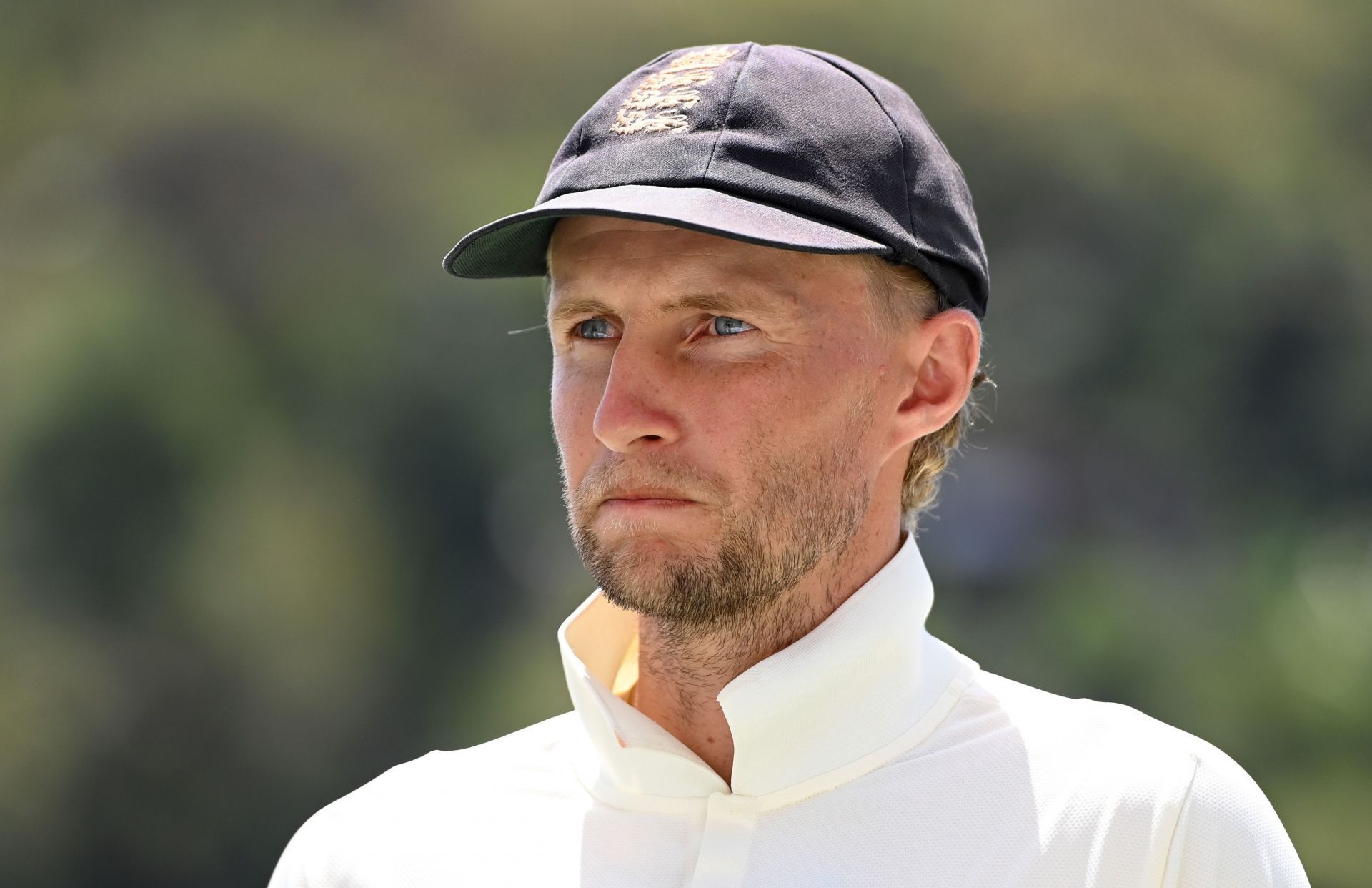
It’s an irony of sorts that Joe Root is England’s most successful Test captain. But the stats become easier to comprehend when we realize that he has also led the team in the highest number of matches in the format.
Root was England's captain in 64 Tests, out of which the side won 27 and lost 26. He had a win percentage of 42.18, with 11 matches that led in ending in a draw.
As a batter, Root managed impressive numbers while leading the team - 5295 runs at an average of 46.44 with 14 hundreds. The 31-year-old averaged 46.30 in 31 home Tests at an average of 46.30 with six tons.
Root’s figures were equally good away from home - an average of 46.56 from 33 Tests with a best of 228.
He also had a good record with the bat in matches that England won. In 27 Tests, he smashed 2632 runs, averaging 56 with nine tons. As captain, there is really nothing much to complain about Root’s batting numbers. However, under him, England failed to deliver consistently, particularly towards the end of his tenure.
Root only won one of his last 17 Tests as captain, which pretty much sums up the sorry tale of his lack of inspirational leadership.
Also Read: Predicting 5 batters who can score a triple hundred in ODIs
